
To call the proponents of those accusations hypocrites would be grossly unfair. After all, hypocrisy requires a capacity to distinguish right from wrong. Falling far short of that level of moral development, Hamas’s apologists shut their eyes to the obvious: that the only collective punishment is that which Hamas has inflicted on Israelis and Palestinians alike.
And with Hamas’s stated goal – as well as that of its Iranian masters – being nothing less than genocide, Israel is fully entitled, including under the United Nations’ Genocide Convention, to take whatever steps it believes are reasonably necessary to prevent its people’s destruction.
None of that means Israel will reduce Gaza to a wasteland, as it readily could. On the contrary, few countries, if any, have rules of military engagement as focused on protecting civilian lives.
Shaped by Judaism’s tradition of pacificism – with the Talmudic sources condemning the shedding of innocent blood to an extent unparalleled in the other Abrahamic faiths, notably Islam – those rules were formed even before international humanitarian law acquired its current, far-reaching, scope.
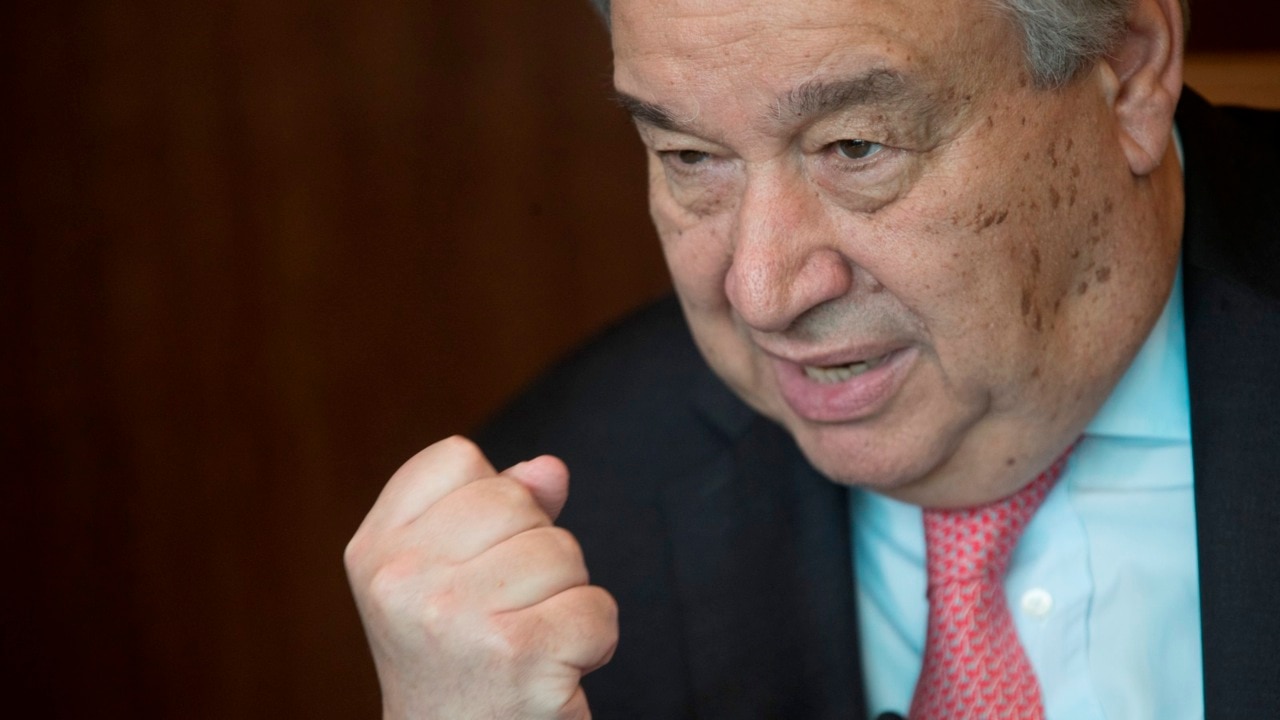
Developed as of 1953 under the guidance of Chief Rabbi Shlomo Goren, they embedded into the Israel Defence Forces’ decision-making the Rabbinical precept that “forbearance is better than might”. Every bit as importantly, the IDF ensured the rules’ effectiveness through enforcement procedures that are exceptionally stringent by international standards, including Australia’s.
Little wonder then that Richard Goldstone, a former justice of the Constitutional Court of South Africa who chaired the 2009 UN Fact Finding Mission on the Gaza Conflict, was ultimately forced, by the sheer weight of accumulated evidence, to resile from the mission’s most widely publicised finding, which was that Israel had carried out “a deliberately disproportionate attack designed to punish, humiliate and terrorise” the people of Gaza.
And little wonder too that Goldstone, in acknowledging in April 2011 that “civilians were not intentionally targeted by Israel”, also had to concede that while Hamas “had not conducted any investigations” into its own actions, “Israel dedicated significant resources to investigating allegations of operational misconduct”.
All too predictably, Goldstone’s sweeping retractions did not lead the UN General Assembly to repudiate the mission’s report, which it had overwhelmingly endorsed, much less withdraw it from circulation; instead, its flawed claims continue to pullulate in the sordid waters of anti-Israel rhetoric.
That experience’s lessons are simple – the facts, no matter how well established, will never stop Hamas’s apologists from distorting international humanitarian law in their campaign to shield the terrorists from the consequences of their abominations.
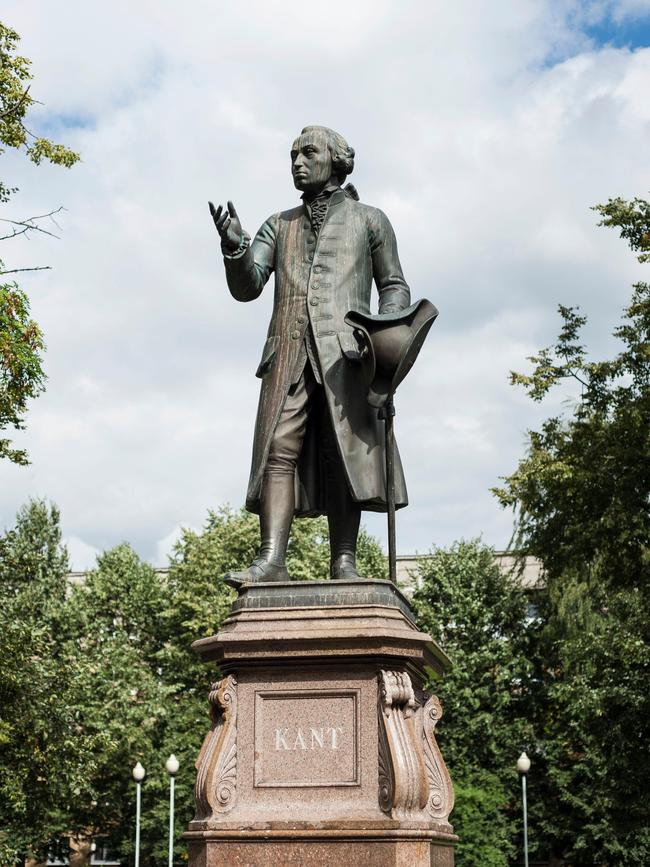
But for all the turbulence their lawfare creates, this much is certain: the international humanitarian law that emerged from the ashes of Auschwitz was developed to prevent a repetition of the Holocaust, not to facilitate its reoccurrence. And if Israel has an abiding responsibility under that law, it is to ensure that “never again” is not a pious wish but an enduring reality.
To say that is not to suggest Israel faces easy choices: it doesn’t. But quite contrary to the Greens’ shopworn phrase that “every life has equal value”, there is no moral equivalence between the lives of those who decapitate babies, rape women and seize and torture hostages, and the lives of their current and future victims.
The holy man who refuses to kill a terrorist intent on butchering hundreds of innocents is not a saint: he is an accomplice to murder. And if the terrorist forces civilians to act as human shields, as Hamas, which places no value on human life, invariably does, capitulating to the blackmail can only increase the final toll.
The great pioneers of the law of war, who, in Immanuel Kant’s words, had “stared evil in the face”, understood that all too well.
Thus, Christian Wolff, who introduced the distinction between combatants and non-combatants in his 1749 treatise on the Law of Nations, emphasised that the distinction could only be sustained if the combatants on each side clearly demarcated themselves from their civilian counterparts; if they didn’t, they were no better than pirates, who deserved to be erased from the face of the Earth.
Equally, Emer de Vattel, whose Law of Nations (1758) is widely regarded as the basis of modern international law, left little doubt about the status of those who are “guilty of enormous breaches of the law of nations”, such as that of hiding behind captive civilians: “Enemies of the human race, who injure all nations by trampling underfoot the foundations of humanity’s common safety, they must be refused any quarter.”
It would, for sure, be better were all that far behind us: if the soaring ambitions of post-war international humanitarian law had been realised, and the mechanisms set out in the UN Charter had succeeded in abolishing Ares, the god of war and rage, altogether. That they haven’t is a tragedy; to pretend they have would be a folly. Rather, in a world where the lions show no sign of being ready to lie down with the lambs, Israel is, as were the Allies in World War II, locked in a struggle that will determine whether it survives or perishes.
To prevail, the Allies unhesitatingly deployed every means at their disposal, including a blockade immeasurably more severe than any imposed on Gaza; and by persevering without truce or pause until their adversaries were forced to their knees, they opened a freer and more prosperous future not only for the Allies but for millions of Germans and Japanese.
In exactly the same way, the road to a freer and more prosperous future for both Israelis and Palestinians runs first and foremost through the complete elimination of Hamas’s capacity to rain death and destruction on those it hates.
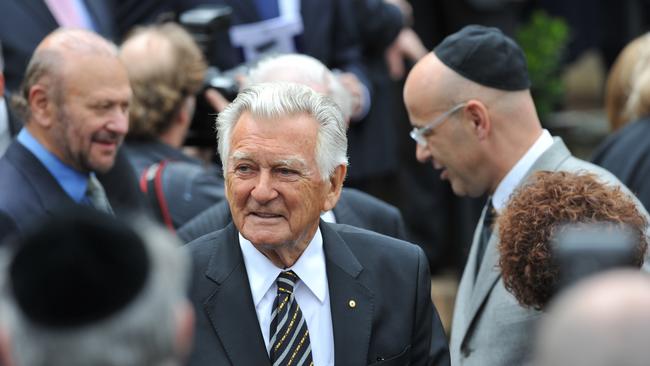
Will mistakes be made in pursuing that goal? Undoubtedly: that is in the nature of war. But in Israel, unlike every other country in its region, a fearless press, a thriving civil society, an actively engaged citizenry and an independent judiciary that rigorously enforces the rules of war will ensure they are promptly identified, debated and corrected.
That is what Bob Hawke, who was consistently mindful of the Palestinians’ plight, so lucidly grasped in 1974, when he vehemently rejected the Whitlam government’s “morally repugnant policy of ‘even-handedness’ ”.
Stressing that the Middle East conflict was part of the global attack on the democracies, he stared down the strong pro-Arab forces in the ALP and unreservedly picked sides. “If we allow the bell to be tolled for Israel,” Hawke declared, “it will have tolled for us all.”
Shining, now as then, through the darkness, those words define the litmus test of Australia’s moral compass.


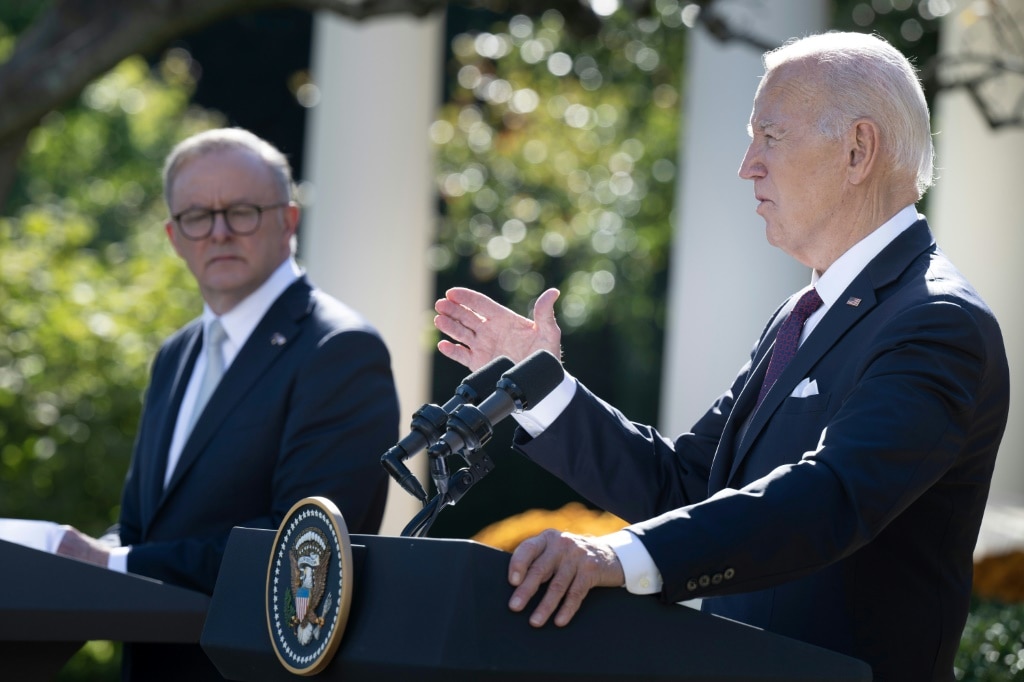


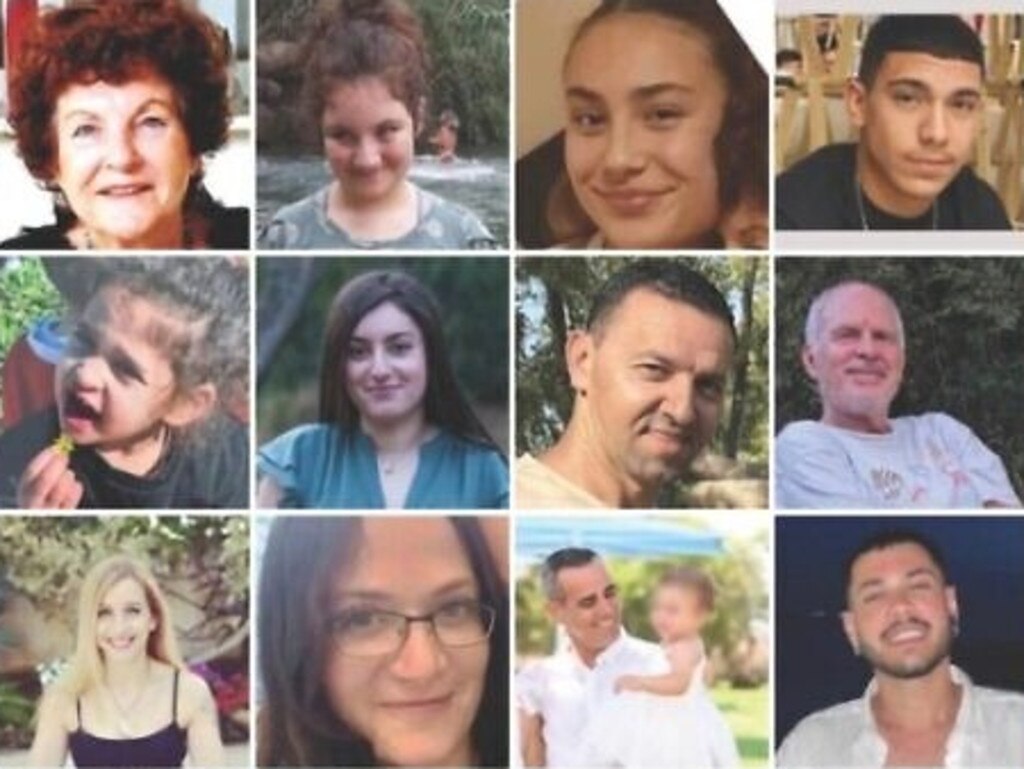


In earlier centuries, the claim was that Christian children were slaughtered so their blood could be used in Jewish rituals. Today, the claim, which echoes even in our federal parliament, is that the Jewish state, engaging in an orgy of collective punishment, slaughters innocent civilians.